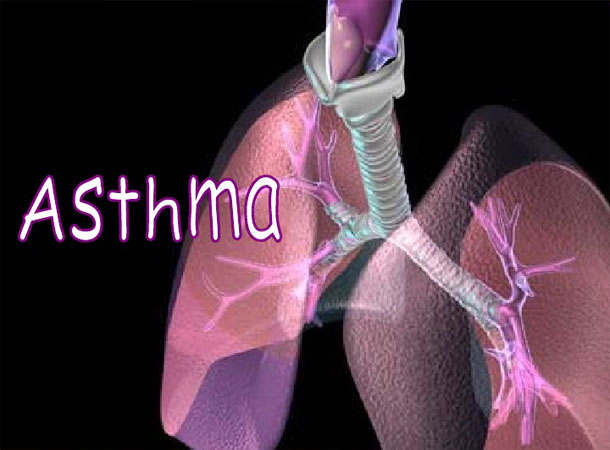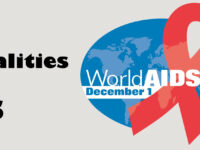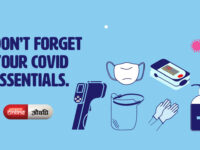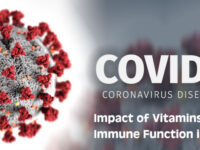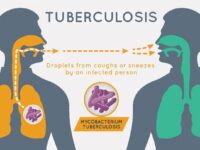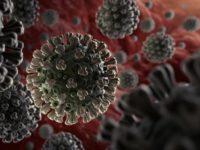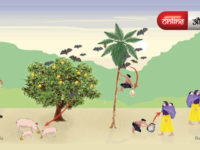1. Dust
Dust, due to its allergy-inducing properties, causes havoc for asthmatics. Therefore it’s absolutely essential that very high levels of hygiene are maintained and that rooms are kept dust-free. This can be achieved by thoroughly vacuuming the entire room including every nook and cranny.
2. Flowers
Pollen from flowers is a known trigger for asthma attacks and one will do well to avoid them. Growing plants indoors can be dangerous too, since they can be a source of mold – which triggers asthma. To avoid the formation of molds, make sure not to overwater plants, keep them in a sunny place and remove dead parts as soon as they appear.
3. Pets
Animal lovers are going to the find the going tough. Research suggests that contact with cats or dogs is extremely dangerous for asthmatics. Not to mention the fact that small pieces of fur, particles of hair, saliva and even skin are all known asthma triggers. Even if the pet is not physically around you, their fur/hair might be in your environment and may pose risks.
4. Smoke and aromas in the kitchen
The smoke and aromas given off when cooking can be a major irritant to asthma sufferers so take steps to reduce such problems. If a proper exhaust fan or chimney is not available, then ensure there is an open window in the kitchen to help the cooking smells to escape outside.
5. Smoking
Cigarette smoke contains different chemicals and gases that can irritate the lungs. Smoking increases your chance of getting asthma. Symptoms such as coughing and wheezing become worse when you smoke. Babies whose mothers smoked during pregnancy have worse lung function and increased risk of wheezing. (Read: 8 steps to manage asthma in children better)
6. Anti-inflammatory drugs
Certain prescription and over-the-counter drugs like aspirin and non-steroidal anti-inflammatory drugs (ibuprofen and beta blockers) may trigger asthma attacks. Whenever a doctor is prescribing you medicines, make sure you tell him/her that you suffer from asthma. You may like to read everything about various medicines used to treat asthma.
7. Exercise
Exercise-induced asthma is a type of asthma triggered by vigorous or prolonged exercise or physical exertion. Narrowing of airway begins five to 20 minutes after exercise begins, making it difficult to catch your breath.
8. Extreme weather
Hot and humid weather or extremely cold weather causes asthma symptoms to flare-up. Even though weather is not in our control, asthmatic patients should ensure that they do not expose themselves to varying temperatures in a short time. You may like to read about 4 tips to prevent asthma attacks during winter.
9. Artificial lemon or lime juice
You’d be much better off using real lemon or lime juice. It might take a little extra work, but not only will it taste fresher, you’ll be able to breathe better too.
10. Salt
People suffering from asthma may also want to avoid salt. Scientists have observed since the 1930s that a high-salt diet worsened asthma symptoms in children. Researchers at Indian University studied the phenomenon and found that exercise-induced asthma sufferers who ate a low-salt diet can exhale more air, and need bronchiodiolator drugs less often, than those on a high-salt diet. More than 75 percent of the salt eaten by Americans comes from processed food, and processed foods are also a source of sulfites. For this reason, asthma sufferers should avoid processed foods.
11. Beer, wine, hard cider, juice and tea
Ever wondered why you had trouble breathing after drinking beer, wine or hard cider? Now you do! Sulfites are to blame.
12. Dried fruit or vegetables
Besides typical dried fruits, such as raisins, pineapple, apricots and cranberries, these foods also include things like maraschino cherries and pre-packaged guacomole.
13. Pickled foods
Pickles, peppers and relish, oh my! Avoid anything pickled if you have a reaction to sulfites. Let the jar with murky liquid be the warning sign to stay away.
14. Packaged potatoes
Things like frozen hash browns and french fries and dehydrated potatoes have sulfites, so beware. A healthier substitute would be a baked sweet potato or roasted potatoes with a touch of olive oil.
15. Naturally-occuring sulfites
Other foods with sulfites include asparagus, chives, corn starch, eggs, garlic, leeks, lettuce, maple syrup, salmon, soy products and tomatoes.
Sources:
https://www.hellolife.net/asthma/b/eat-right-to-avoid-asthma-foods-to-avoid-to-reduce-asthma-symptoms/
http://www.thehealthsite.com/diseases-conditions/10-asthma-triggers-you-should-avoid/
http://www.healthcentral.com/asthma/cf/slideshows/7-foods-to-avoid-if-you-have-asthma#slide=7
http://www.slideshare.net

